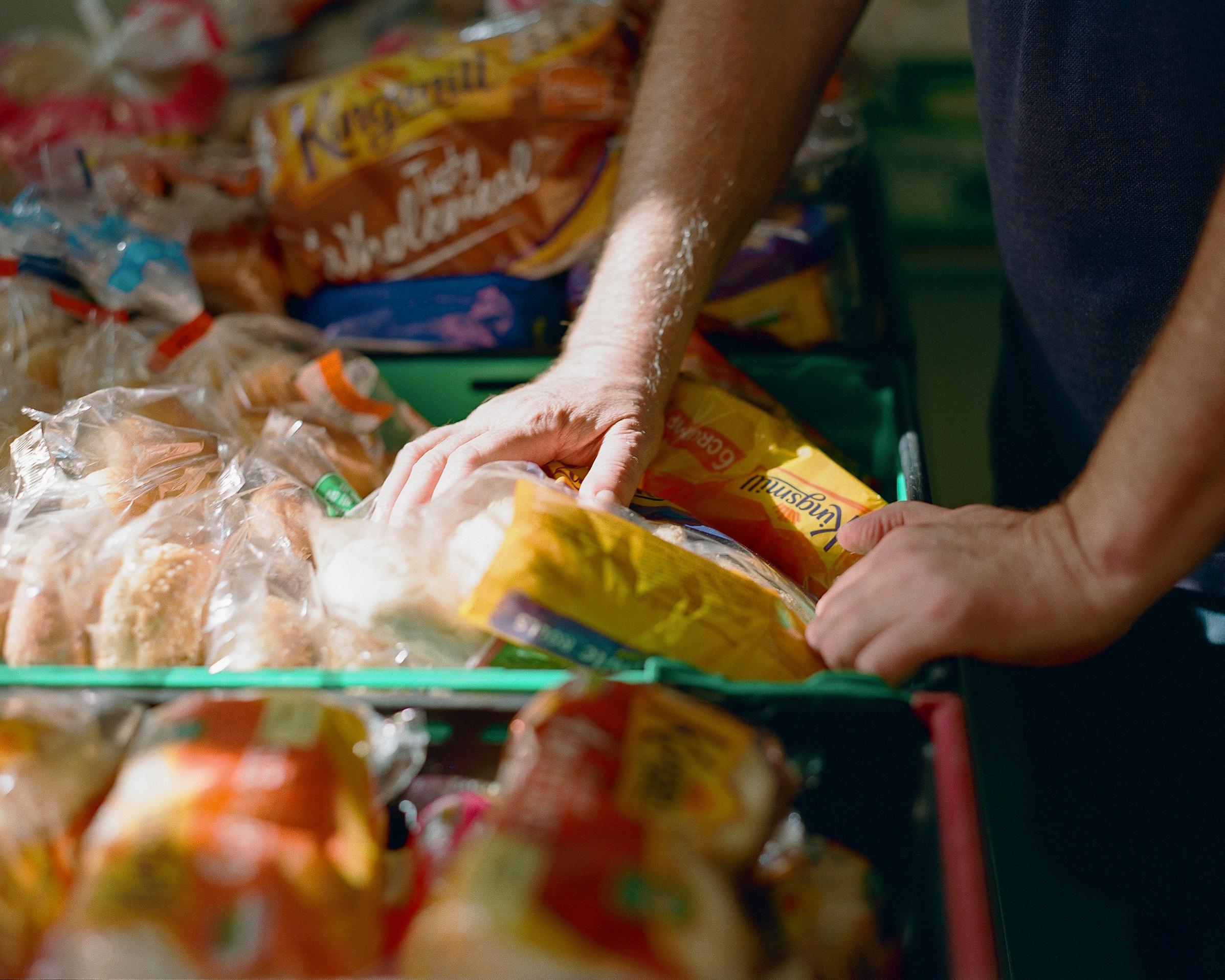What is destitution and how do we tackle it?
With the launch of our Destitution in the UK 2023 research, Emma Wincup explains what it means to be pulled under by this rising tide.
The UK should be a country where everyone has the chance of a healthy, decent, and secure life regardless of who they are and where they live. Yet our research shows that approximately 3.8 million people experienced destitution in the UK at some point during 2022, including around one million children. The number of people experiencing destitution increased by 61% from 2019 to 2022, with an even larger increase in the number of children experiencing destitution. This follows another rapid acceleration in the level of destitution from 2017 to 2019.
What does it mean to experience destitution in the UK?
People are considered destitute if they have not been able to meet their most basic physical needs to stay warm, dry, clean and fed. This can be because they either lack necessities like clothing, heating, shelter or food. Or because their income is so extremely low that they are unable to purchase these items for themselves.
You can read more about how we have defined destitution in this short briefing, and hear to what it's like to experience destitution in our animation.
Who is experiencing destitution, and why?
Destitution remains concentrated in particular localities with some groups particularly exposed, but since 2019 has extended its reach to more people and places. A combination of extremely low incomes, a threadbare social security system, the increasing cost of basic essentials and high levels of debt has led to a deepening and broadening of destitution.
- Single working-age people were at highest risk of destitution, but in 2022 we found more families with children experienced it than in previous studies.
- Almost three-quarters of people living in destitution were born in the UK but migrant communities are particularly at risk.
- Almost two-thirds of people experiencing destitution were disabled or had long-term health conditions. These health conditions are now much more likely to significantly limit people’s lives than in 2019.
- Black, black British, Caribbean or African-led communities are significantly over-represented.
- Just under three-quarters of people experiencing destitution rented or (occasionally) owned their own homes. This share has risen substantially from 2019.
- The same proportion relied on social security. Social security payments did not offer sufficient income to cover the cost of basic necessities, particularly if people were paying back debts.
- Destitution levels are highest in London, the North East and the North West, but have increased across the UK.
The cost of living crisis has made things worse
For people living in destitution, their precarious existence offered little protection when the added pressure of the cost of living crisis threatened to push them deeper, and exacerbated difficulties they were already facing. Spiralling debt, reliance on foodbanks and being cold and hungry were just some of the experiences people shared.
I just get a bag of rice, five kilos of rice. That is about £12. I do myself vegetable stew and normal stew and leave it in the freezer in small bowls … always have something to eat, even a yoghurt or something, but there are days – yes – I’ve gone … I’ve had nothing to – but obviously I find my way to my friends … There are days I go without … There have been days like that.
Quite a few times (we’ve run out of money for gas and electric) … We invested in fleecy blankets to keep warm (over winter) … It was quite literally between, as I said, between heating and eating … I would prioritise my daughter to eat, and I would go without, and I would probably boost the heating for about an hour or two and then turn it off.
That (Cost of Living Payment) just gets swallowed up though … I did a food shop and I tried to be sensible with it, so I filled the freezer. I did like an Iceland shop because it was just a case of thinking, ‘Right, I’m going to pack the freezer … because the food bank don’t give you meat, do they? So the food bank will give you your tins and your jars, and to be fair they’re great, they give you loads of cook-in sauces and stuff … But when I did that Iceland shop, I spent £150 and when we walked out of there I was like, ‘That doesn’t feel like £150 worth of food.’ … Because food has gone up so much.
We need a bold and ambitious programme of action to address destitution across the UK
We need more sustained efforts to halt the rapid rise in destitution, to support people who are already struggling to afford what they need, and prevent others from severe hardship and its corrosive impacts.
How we can solve destitution:
- Universal Credit should have an ‘Essentials Guarantee’ to ensure everyone has a protected minimum amount of support to afford essentials such as food and household bills. An independent process should determine the Essentials Guarantee level, based on the cost of essentials. Universal Credit’s basic rate would need to at least meet this minimum amount, and deductions would not be allowed to reduce support below that level.
- Undertake wider reforms to social security, including: lowering the limit on deductions from benefits to repay debts; reforming sanctions so people are not left with zero or extremely low income; and ensuring people can access disability benefits they are entitled to.
- Ensure cash-first emergency financial assistance is available in all areas, along with free and impartial advice services to address the crushing debt, benefits and housing issues that keep people destitute.
- Enable everyone in our communities to access help in an emergency whether they have ‘no recourse to public funds’ or not – and resource local authorities to meet this additional need. Local authorities, charities, independent funders and housing providers should also work together to prevent destitution and homelessness for people with restricted entitlement.

This explainer is part of the deep poverty and destitution topic.
Find out more about our work in this area.
